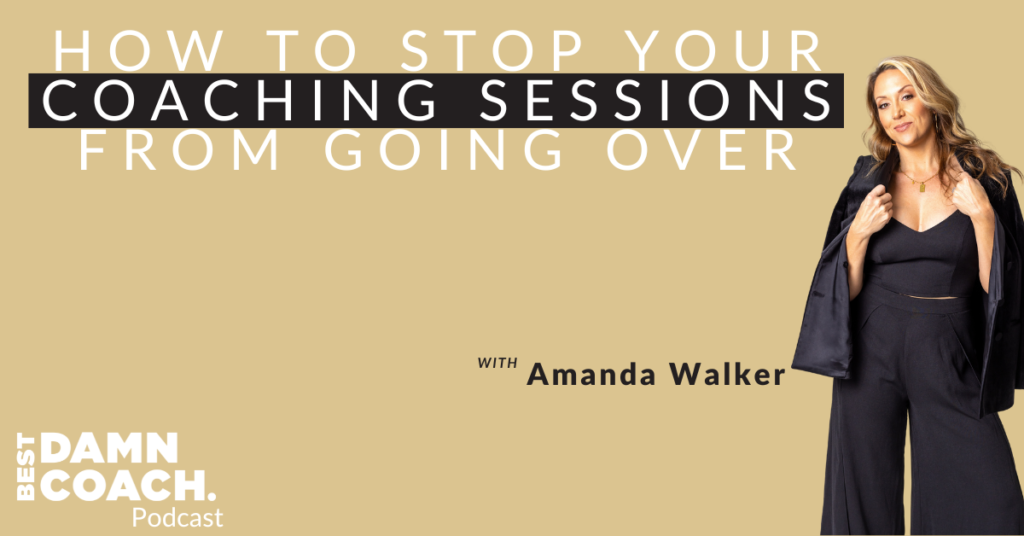How To Stop Your Coaching Sessions From Going Over
Coaching sessions are an essential part of helping clients achieve their goals and make positive changes in their lives. However, many coaches struggle with going over time in their sessions, leaving both themselves and their clients feeling rushed and unsatisfied. In this episode, we will explore strategies to effectively wrap up a coaching session on time, ensuring that both coach and client leave the session feeling accomplished and ready for the next steps.
Key Takeaways
- Setting clear expectations and structure for coaching sessions is crucial in ensuring that they stay on track and end on time.
- Pre-framing the session structure and setting an outcome goal at the beginning of the session help guide the conversation and keep it focused.
- Creating a buffer between coaching sessions and setting audible timers can help coaches stay on track and avoid going over time.
- Setting boundaries and confidently redirecting the conversation back to the session goal when it veers off track is essential in wrapping up a coaching session on time.
Establishing Clear Expectations and Structure on Your Coaching Sessions
One of the main reasons coaches struggle with going over time in their sessions is the lack of a clear structure and expectations. Without a blueprint or template to guide the session, coaches may find themselves “winging it” and allowing the client to take control of the conversation. To avoid this, it is important to establish a clear structure for coaching sessions and communicate it to the client.
By pre-framing the session structure and explaining the flow of the session to the client, coaches can set the tone and take the lead in guiding the conversation. This can be done by explaining the different phases of the session. By training clients on what to expect, coaches can ensure that both parties are on the same page and working towards the desired outcomes.
Creating Time Buffers and Setting Audible Timers
Another effective strategy for wrapping up coaching sessions on time is to create time buffers between sessions and set audible timers. By giving yourself a few minutes between sessions, you can finish up any notes or tasks from the previous session and prepare for the next one. This buffer time allows you to transition smoothly between clients and avoid feeling rushed or overwhelmed.
Setting an audible timer during the session can serve as a reminder that there is a specific amount of time left and help both coach and client stay on track. By setting the timer for around ten minutes before the session is scheduled to end, coaches can signal to the client that it is time to start wrapping up the conversation and focusing on next steps. This audible reminder can help avoid going over time and ensure a smooth transition to the end of the session.
Setting an Outcome Goal on Your Coaching Sessions
To keep coaching sessions focused and prevent them from veering off track, it is important to set an outcome goal at the beginning of each session. By asking the client what they want to accomplish or clarify during the session, coaches can establish a clear direction for the conversation. This goal serves as a guidepost throughout the session and helps both coach and client stay on track.
However, it is common for clients to bring up multiple topics or issues during the session, which can lead to a scattered and unfocused conversation. In these situations, it is crucial for coaches to confidently redirect the conversation back to the session goal. By acknowledging the client’s concerns or questions and then reminding them of the session goal, coaches can gently steer the conversation back on track. This ensures that the session remains focused and productive, ultimately leading to a more satisfying and timely conclusion.
The Art of Boundary Setting
One of the main reasons coaches struggle with wrapping up coaching sessions on time is the fear of setting boundaries and potentially coming across as rude or unhelpful. However, it is important to remember that as the coach, you are the one driving the session and responsible for managing the time effectively. By setting clear boundaries and communicating them to the client, you can create a structure that allows for a productive and timely session.
When it comes to wrapping up a coaching session, it is essential to assertively communicate that the session is coming to an end. This can be done by acknowledging the client’s progress and the value of the session, while also reminding them of the limited time remaining. By expressing enthusiasm for the progress made and the next steps to be taken, coaches can create a positive and empowering closure to the session.
It is important to note that setting boundaries in coaching sessions is not limited to just managing time. It is a skill that can be applied in various aspects of life and can help coaches establish healthy boundaries in all areas of their practice. By recognizing and addressing any underlying fears or beliefs that may be hindering boundary setting, coaches can create a more balanced and fulfilling coaching experience for both themselves and their clients.
Manage Your Coaching Time
Wrapping up a coaching session on time is essential for both coaches and clients to feel satisfied and accomplished. By establishing clear expectations and structure, creating time buffers, setting audible timers, setting outcome goals, and confidently setting boundaries, coaches can effectively manage their coaching sessions and ensure that they stay on track. By implementing these strategies, coaches can create a more productive and fulfilling coaching experience for themselves and their clients.




